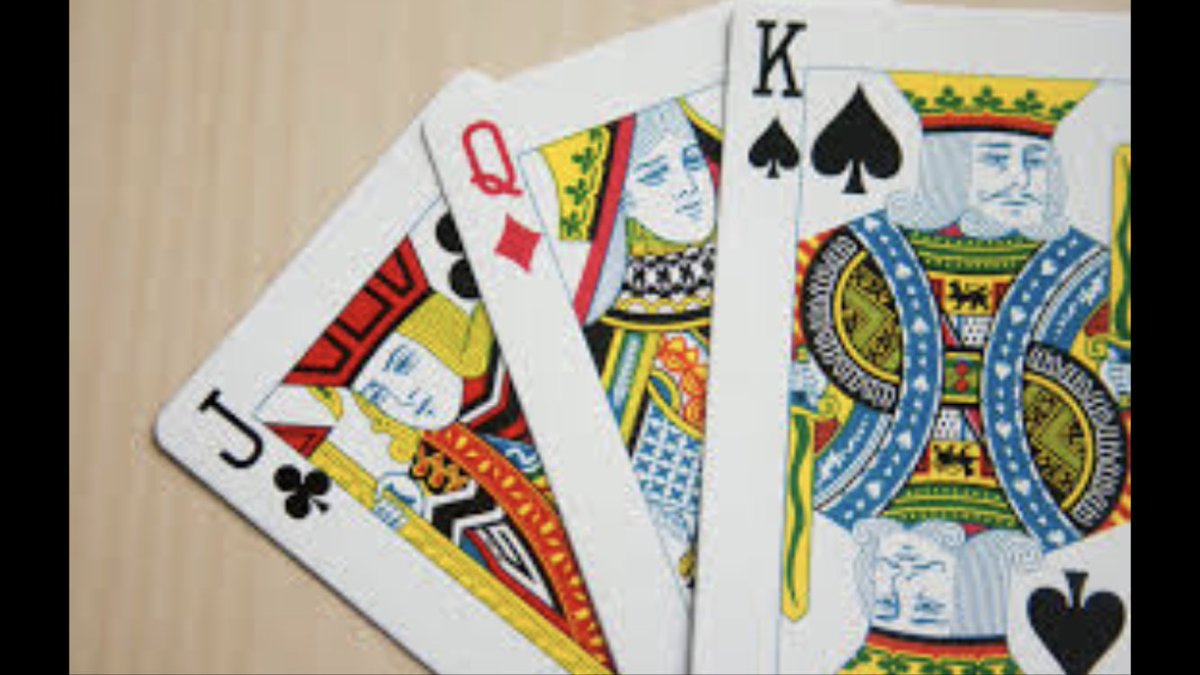
How do you structure your reading groups?
This term, with all that’s gone on, I took a bit of a risk: I let my class pick their own group and their own book, regardless of their reading ability.
It’s early days...but I think it’s really paying off. 1/7
This term, with all that’s gone on, I took a bit of a risk: I let my class pick their own group and their own book, regardless of their reading ability.
It’s early days...but I think it’s really paying off. 1/7

I had selected 8 different stories (mostly Oxford reading tree, various levels) with 6 copies of each.
Before being set loose to ‘browse the bookstore’ the class created success criteria from a discussion around how you can choose a ‘good book’ for you. 2/7
Before being set loose to ‘browse the bookstore’ the class created success criteria from a discussion around how you can choose a ‘good book’ for you. 2/7

Fears there might be a book that more than six pupils wanted to read did not materialise and I’ve now got 6 reading groups.
We took a quick minute to create some ‘values’ that everyone had to follow when reading in a group. 3/7
We took a quick minute to create some ‘values’ that everyone had to follow when reading in a group. 3/7

The reading operates by the whole group reading the chapter together. They then return to the start and read a paragraph one after the other, with peer support assisting with any tricky words. Then the whole group summarise the chapter to one another. 4/7
Then, we create a task as a whole class that can be applied to every book. I usually present a quick problem/example/question that is used to generate SC.
Don’t @ me, the learning intention will be ‘creating questions’ - I was clearly too involved in reading detectives! 5/7
Don’t @ me, the learning intention will be ‘creating questions’ - I was clearly too involved in reading detectives! 5/7

The task is only designed to last around 15 minutes. We stop to peer asses another groups work (they don’t need to know the story, just to understand the LI and SC) and then a further 5 minutes is given to incorporate the wish/finish.
This was creating a character profile. 6/7



This was creating a character profile. 6/7




Early days but benefits wise:
- smiles
- excitement
- independence
- motivation
- peer support
- I can still target support to individuals
- ethos
- encouragement (many lovely things I’m overhearing “let’s all read together again because we sound good”) 7/7
- smiles
- excitement
- independence
- motivation
- peer support
- I can still target support to individuals
- ethos
- encouragement (many lovely things I’m overhearing “let’s all read together again because we sound good”) 7/7
• • •
Missing some Tweet in this thread? You can try to
force a refresh








